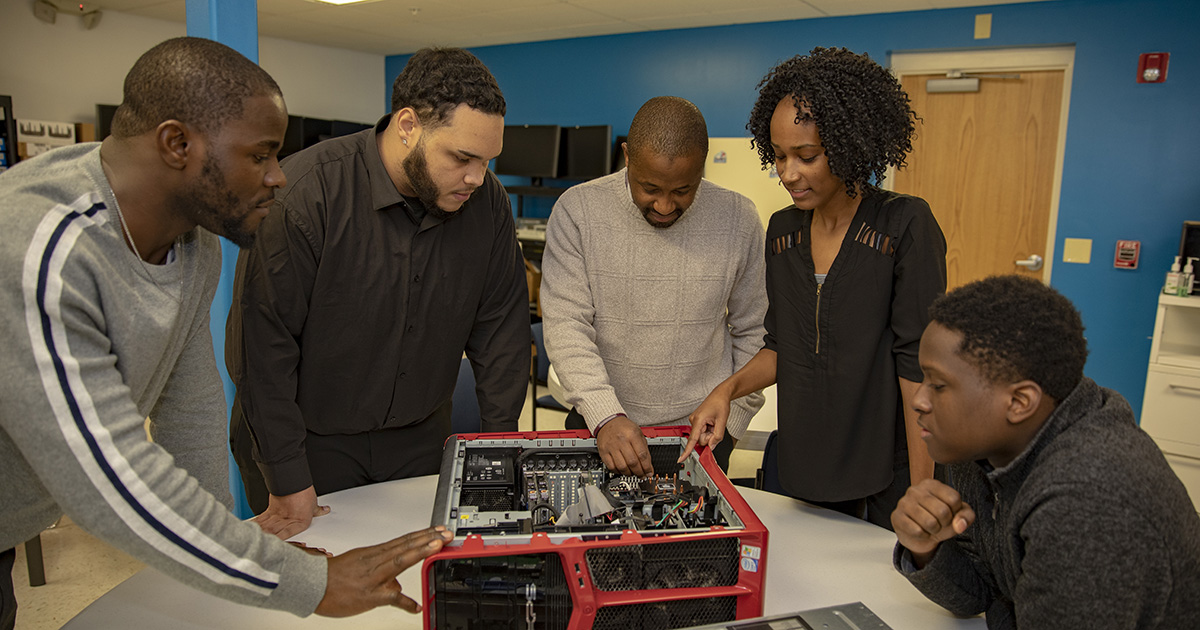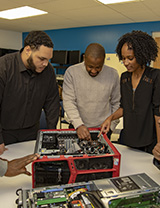Putting Lived Experience at the Center of Data Science

 Researchers have long recognized that if they want to tell the full, accurate story of the interventions they study, it is important to collect information directly from program staff members and study participants. Researchers rely on staff accounts to understand how a program operates, make assessments about whether it was implemented as the original program model intended, and assess how fully participants engage in it. They interview program participants to understand why they take certain actions and how they use services, while systems data answer more static questions about who uses what services, and when. They survey study participants about job characteristics or life circumstances when administrative data reflect, for example, only total dollar amounts.
Researchers have long recognized that if they want to tell the full, accurate story of the interventions they study, it is important to collect information directly from program staff members and study participants. Researchers rely on staff accounts to understand how a program operates, make assessments about whether it was implemented as the original program model intended, and assess how fully participants engage in it. They interview program participants to understand why they take certain actions and how they use services, while systems data answer more static questions about who uses what services, and when. They survey study participants about job characteristics or life circumstances when administrative data reflect, for example, only total dollar amounts.
In the context of MDRC’s research, these program staff members and participants have lived expertise, or direct experience in the conditions and systems that researchers study and aim to improve. People with lived expertise can include individuals or families enrolled in or eligible for a program of interest, service practitioners who work directly with these individuals and families, and community leaders. Such people have a wealth of knowledge about the social issues and programs that are studied, derived from their own experiences. People with lived expertise are crucial advisers on a variety of decisions, including what problems to solve, which data sources to draw from, what analyses to apply to them, and what visual representations of the data will be accurate, timely, and useful.
MDRC’s Center for Data Insights (CDI) is dedicated to elevating the dignity of each person affected by the programs it analyzes. It views dignity as the recognition that each person is worthy of respect and agency, and should be treated equitably and ethically. This commitment means that drawing on people’s lived expertise from project inception to the dissemination of results is central to CDI’s work.
CDI has collaborated with two of MDRC’s long-standing program partners, Per Scholas and the Center for Employment Opportunities, to create and implement tools that can more fully capture participants’ lived experiences. These tools have been used in conjunction with existing methods from behavioral science and data analytics to improve both program outcomes and the experiences of participants and staff members. This brief summarizes lessons learned from these partnerships.







